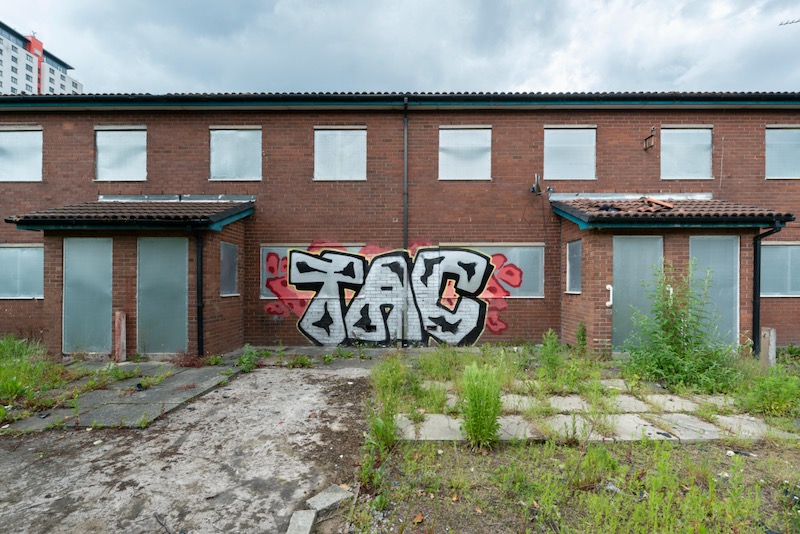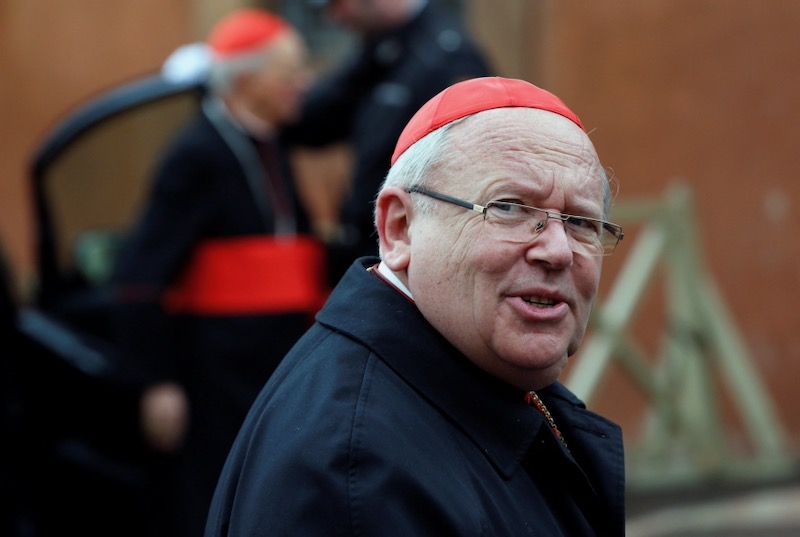The French Church seemed haunted and hamstrung by its clerical sexual abuse scandal, both by the shocking admissions of misdeeds by a cardinal and a bishop and confusion about what local Church authorities could reveal about the secrets they know.
Bad news continued to emerge last week as a priest from western France was jailed in Paris charged with aggravated rape and drugging a minor after meeting a male teenager there on the pick-up app Grindr.
Other revelations included the admission by bishops in northern France that they added 11 new sexual abuse victims to the total in their region that they had given to a 2021 report that shocked France with its estimate of 330,000 cases of abuse in the Church since 1950, two-thirds by clerics.
There was also the abrupt dismissal of the vicar general of Bayeux diocese in Normandy, whose departure was said not to be linked to “paedo-criminality” but was not further explained.
All this shed further suspicion upon the hierarchy after Cardinal Jean-Pierre Ricard and Bishop Michel Santier, both hitherto respected prelates, recently admitted to have been sexual predators who tried to hide their past.
Cardinal Ricard, the retired archbishop of Bordeaux, was twice president of the French bishops’ conference and still holds several Vatican posts. Bishop Santier, retired from Créteil diocese east of Paris, was appreciated as a leader sympathetic to other faiths and those marginalised in the Church.
Their brother bishops appeared confused or even ignorant about how transparent they should be about civil and canonical inquiries into errant prelates. Issues such as victims’ privacy, Vatican secrecy and legal necessity sometimes clashed, leading to inaction.
They admitted as much by inviting three specialists – a theologian, a jurist and an official of the Vatican’s Dicastery for the Doctrine of the Faith – to explain to its 3-8 November autumn plenary just what they should and shouldn’t do legally and canonically.
They also announced a committee of experts to advise bishops when confronted with sexual abuse by another bishop.
Leading Church figures drew criticism from victims’ groups when it emerged they knew months in advance of the Santier and Ricard cases before they informed the public about these abuses.
In Santier’s case, the bishop sent the Vatican his resignation letter, which admitted his misdeeds, in December 2019. It was accepted in March 2020 on the claimed health reasons and he announced it as such in June.
The Vatican imposed canonical restrictions on him in October 2021 because of the abuse, but this only became known publicly through media reports last month.
Ricard’s career began to unravel in February when he was named the pontifical delegate to investigate abuse charges in a French retreat centre.
The parents of his female victim denounced him to their local bishop and Ricard, who admitted his guilt to the bishop, withdrew from the inquiry a month later, also ostensibly on health grounds.
French legal authorities were informed of the case last month and the Vatican was officially informed during the bishops’ plenary session in Lourdes last week.
The bishops asked the Vatican in 2021 to send abuse experts to help them, but Rome instead invited them to travel there. They plan to go for consultations early next year.



 Loading ...
Loading ...